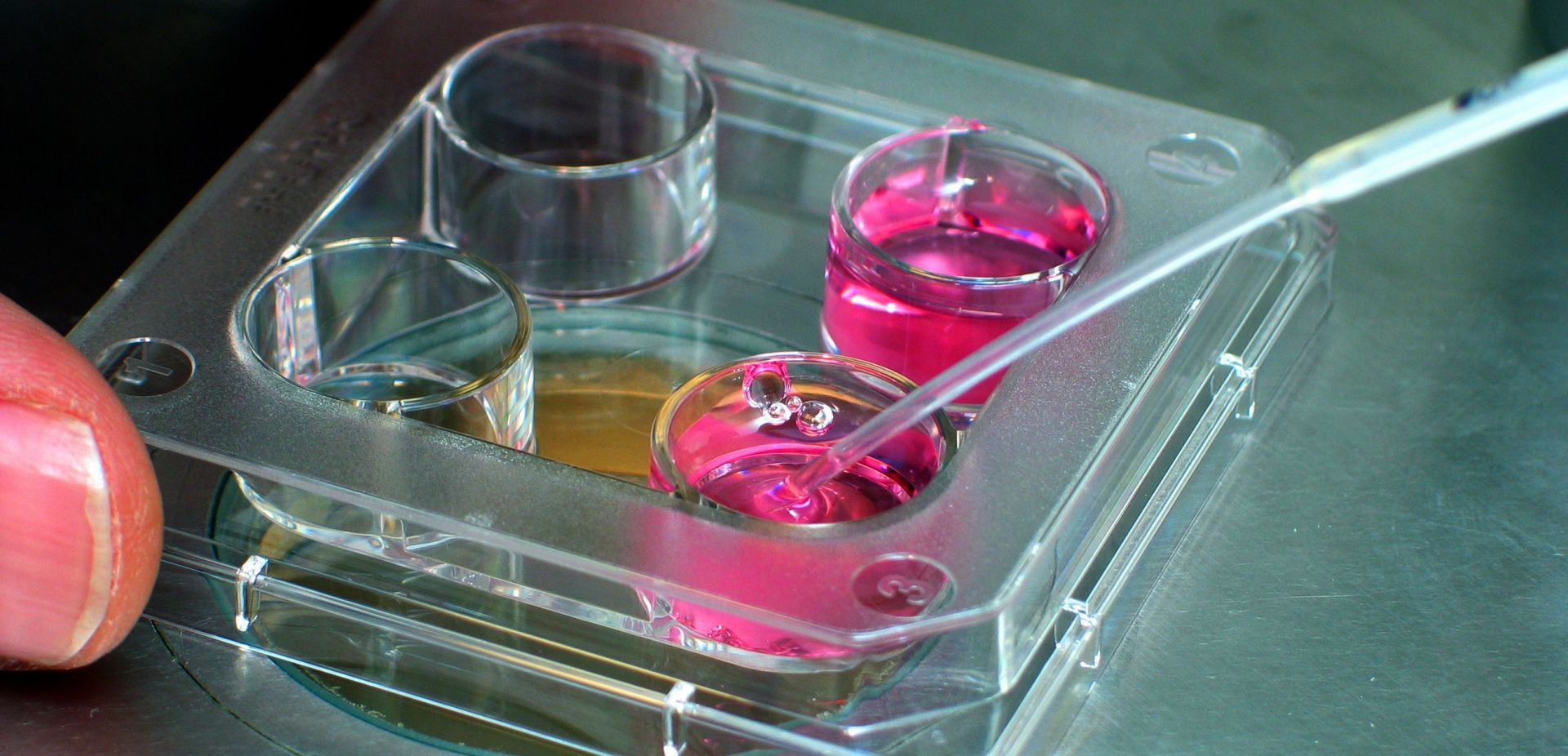The matter is somewhat delicate. Childless couples or individuals conceived in vitro, or by artificial insemination deserve empathy and respect. We have to watch our words. But does this mean that questions concerning the moral aspects of artificial reproduction should be taboo?
 SIGN UP TO OUR PAGE
SIGN UP TO OUR PAGE 
The phenomena about which Professor Roszkowski writes chiefly concerns single-sex couples and not infertile couples striving for conception by natural means. We can see situations at the moment, the example of a man who is a sperm donor to a surrogate mother. This is the drama of those children that Professor Roszkowski draws attention to.
Are we not on the horns of a moral dilemma? Is the child born from a surrogate for a homosexual couple the fruit of a loving relationship, or is it , sorry to say merely a product of someone’s caprices?
Professor Roszkowski answers these questions and precisely outlines the reason for the problem. It not he who is harming children but those who reach for the technological means to reproduce, convinced that they have the egoistical right to that conceived happiness.
One of the consequences of the sexual revolution is the denigration of natural family ties. So in the current narrative of the New Left, which was reared on the fundamentals of this revolution, the traditional family model is treated as potentially authoritarian, a hierarchical structure with the patriarch at its head in the role of a toxic tyrant.
But the person, liberated from natural family ties is being deprived of their identity. Relations with the parents , mother and father, shape these ties which are often difficult. We see those people who as adults look for their biological parents: whose identities that had been unaware of . These examples merely tell us not to underestimate the questions of genealogy.
A critic could say that the questions posed by Professor Roszkowski, coming from a Polish perspective, are marginal and that we should not take them too seriously, in particular within secondary schools. They have a limited cultural significance too. But they are well within a mass scale. The sexual revolution has after all been transmitted via popular culture.

 SIGN UP TO OUR PAGE
SIGN UP TO OUR PAGE 




